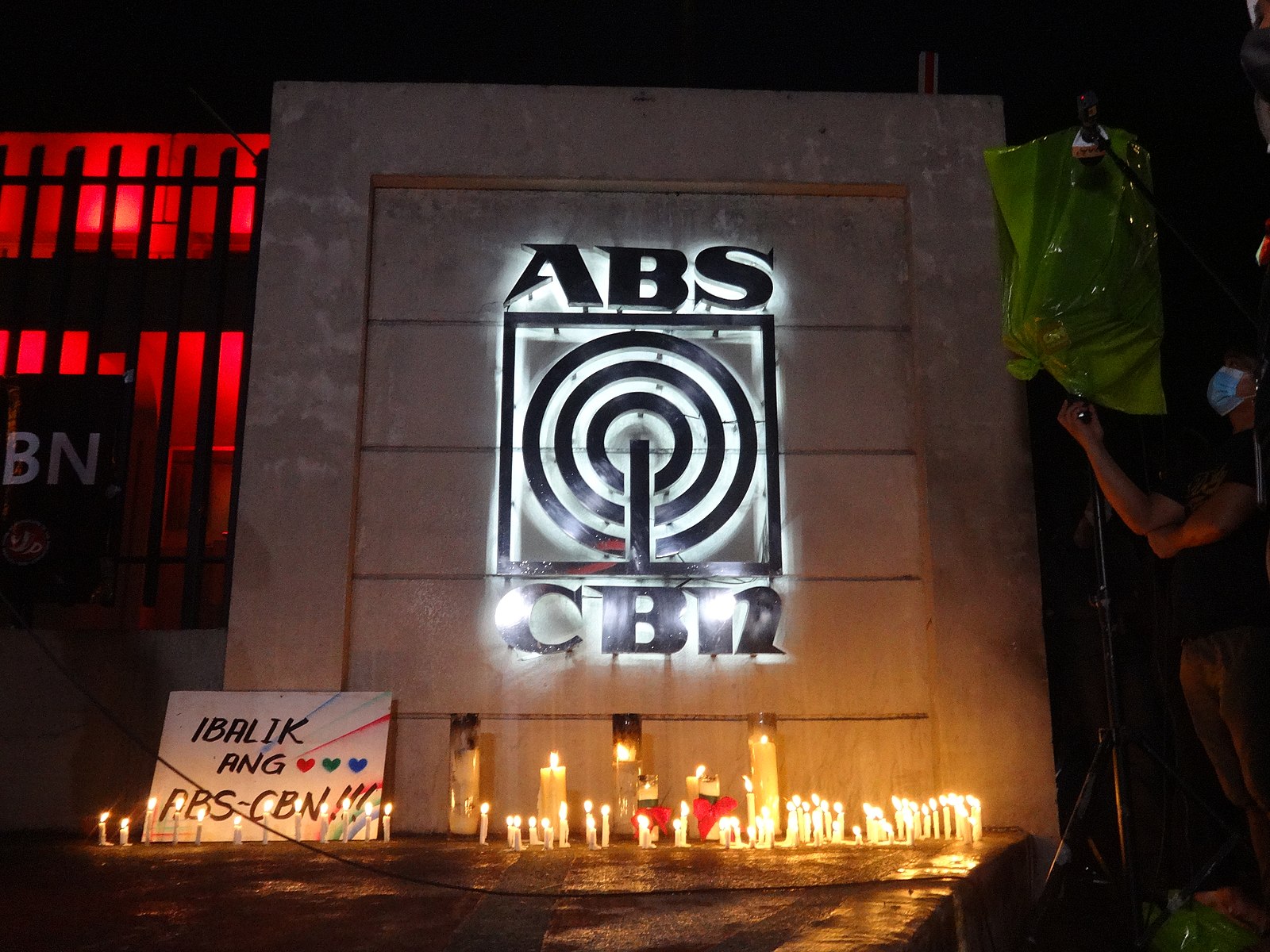Ed. Note: When Filipino broadcaster ABS CBN lost its license in 2020 international headlines decried what they saw as an erosion of press freedom and democracy in the Philippines. Two years later the station remains a pillar of news and entertainment for the Filipino diaspora worldwide. Its new program, TV Patrol, recently featured a segment on Jeff Coleman, a Filipino American running as a Republican for Lieutenant Governor in Pennsylvania, and the Filipino women’s soccer team, which just qualified for the World Cup for the first time ever. TJ Manotoc, who heads ABS CBNs North America News Bureau, says the company turned the loss of its flagship television broadcast into an opportunity to make the transition to digital programming. He spoke with EMS Contributing Editor Peter Schurmann. (This interview has been edited for clarity.)
What has happened in the two years since ABS CBN lost its broadcast license?
When that happened there was a major rebranding with an aggressive focus on digital, including YouTube. Accompanying that was a massive digital push for partnerships with other networks and content providers, including Netflix and Amazon, along with international partnerships in countries like India. In essence, the shutdown forced the digital pivot, which was coming anyway. By law, analogue signals will be shutting off in two years so we had to take the next step with digital and catch up with how consumers are currently watching content.
But the use of the term shutdown – a term ABS CBN itself never employed – led to a lot of confusion. People thought the whole company was shutting down, which is what happened under Marcos. Technically, what happened in 2020 is that we lost our bid to renew our frequency. In other words, we had to shut down our free TV broadcast, but ABS CBN never stopped reporting. Still, the first few months were very rocky. A lot of people thought we were shut down or were going to get shut down, so people unsubscribed… but they all started coming back.
So did the headlines get it wrong when it comes to press freedom in the Philippines?
These are clearly challenging times for the media. If you look at President Rodrigo Duterte’s term, he’s launched verbal attacks against the The Inquirer, for example, and pundits have said the attacks were prompted by the paper’s critical coverage of his policies. But Duterte never said the paper was biased against him. Instead, he went after the paper’s owners over supposed tax violations. With ABS CBN, the president took issue with an ad campaign snafu. That was his initial beef, though commentators ascribed it to our coverage of the president’s ongoing war on drugs. Then there is Rappler, which clearly seems to be a case of the government cherry picking this specific media outlet as the target of a cyber libel suit. So, while it’s not like it was during the Marcos era, when all media was shut down, it has had a chilling effect. This is what a lot of the veteran journalists are saying.
Has the president’s rhetoric undermined trust in the media among Filipinos in the Philippines and here in the US?
I’d love to see numbers on this, but honestly my gut says that trust is still there. If you look at our YouTube channel as a barometer, we’re at 13.4 million subscribers. As part of the whole rebranding process, we discontinued our news broadcast, Balitang America, funneling our reporting into a new program, TV Patrol, which airs prime time in the Philippines and is dedicated to news of the Filipino diaspora. Our digital team has given us the numbers… we’ve seen over 10 million views on some of our stories since mid-2021, more than what Balitang America saw in its last two years. It’s a massive leap and its proof that Filipino audiences do trust us.
Typhoon Odette struck the Philippines in December causing massive damage and hundreds of lives lost? What role did your station play in the storm’s aftermath?
Our region is the only region that has an affiliate, ABS CBN International, which does foundation work… we take in donations. We did a telethon days after the typhoon, with regular messaging appealing for donations. We’ve raised more than $300,000 since December. I’ve seen letters from aunties who see our appeals on TV, and they send in checks. I remember one that said, “Thank you for helping our people back home. This is a small amount from my pension, but I hope it can go toward feeding someone back home.” It still gives me goosebumps.
What are some of the stories you’re covering now or plan to cover moving forward?
The upcoming Philippine elections in May are front and center for us. We have communities here campaigning, so we cover their activities. And of course, we’re keeping an eye on how communities are bouncing back from COVID. We’ve covered Black Lives Matter and the rise in Anti-Asian hate. Apart from these, our reporter, Don Togala, recently went to Philadelphia to cover the campaign launch for Jeff Coleman, who is a Filipino American running as a Republican for Lieutenant Governor of Pennsylvania. That story got a prime-time slot on the national news broadcast in the Philippines. And one of the best stories we had was our Filipino women’s soccer team, which just qualified for the World Cup for the first time ever. About 90 percent of that team are Filipino American… and our correspondent in Los Angeles has been documenting their rise in the sport for years now. It’s a healthy mix of all these stories that brings the community together.
Apart from his work as a journalist, Manotoc is also a passionate advocate for issues surrounding mental health. In 2018, he self-funded a short film, “You Will Be Alright,” about his struggle with depression and anxiety. A highly personal project, Manotoc says the goal was the lift the taboo around openly discussing mental health challenges and to assure those suffering from depression that they are not alone.






